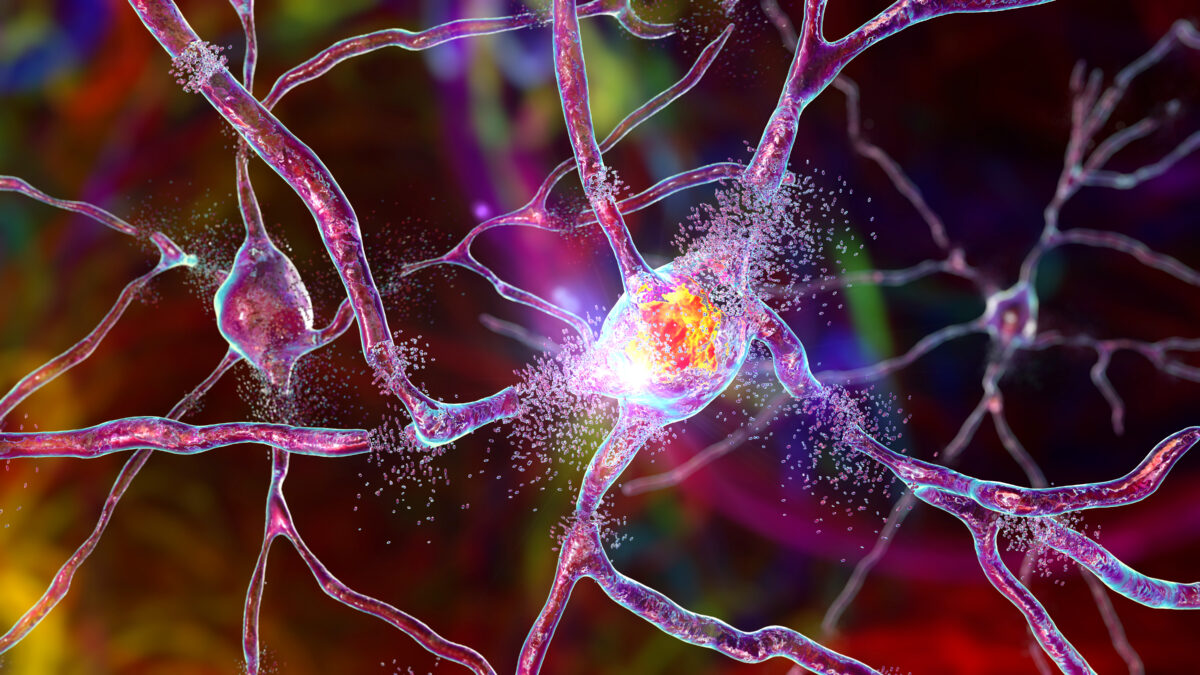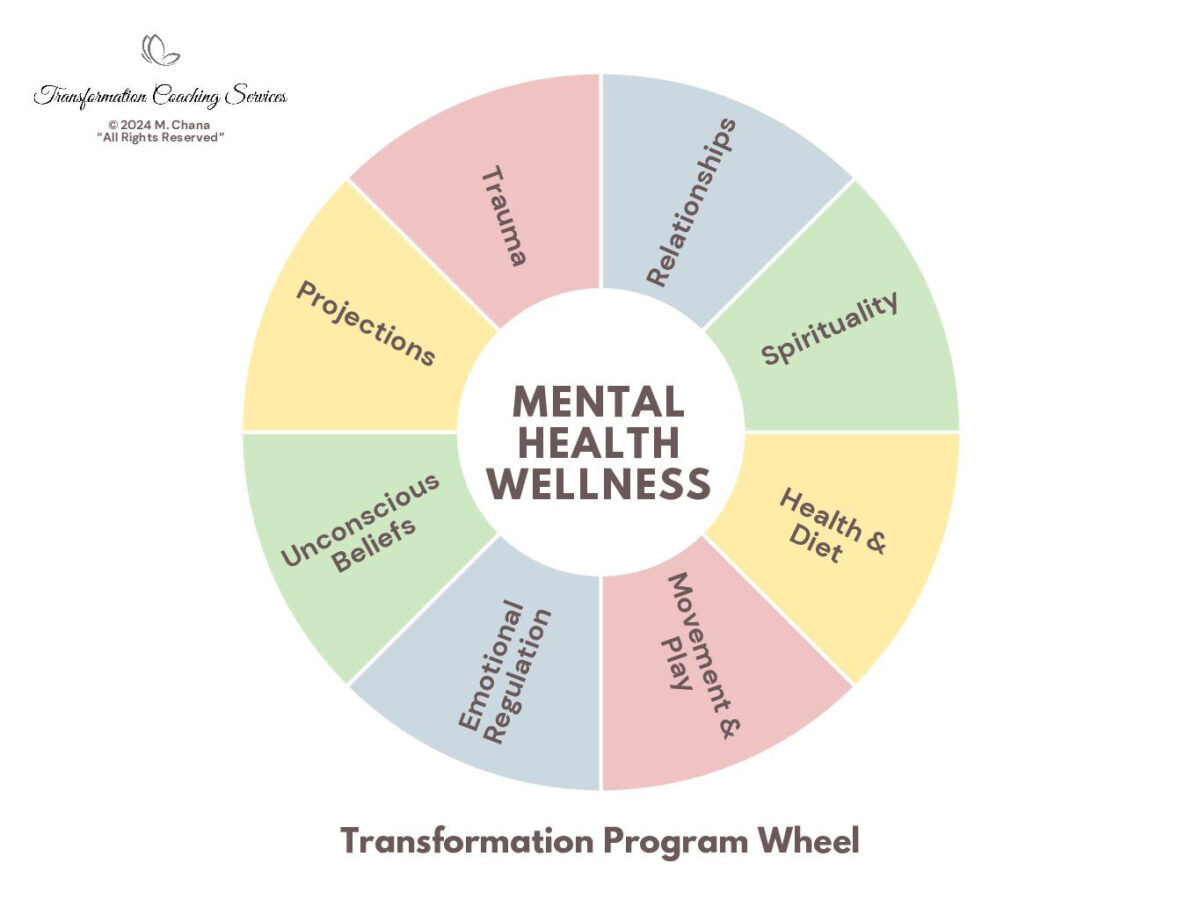Mind-Body Syndrome, Chronic Pain, and the Central Nervous System: A Complex Interplay
Chronic pain affects millions of people worldwide. While physical injuries or diseases can cause pain, there is a growing recognition that psychological factors also play a significant role. This interplay between the mind and body, known as the mind-body syndrome, is particularly relevant in understanding the complexities of chronic pain.
Mind-Body Syndrome: A Brief Overview
Mind-body syndrome, also referred to as tension myositis syndrome (TMS), is a theory proposed by Dr. John Sarno that posits that chronic pain can be a manifestation of unresolved emotional distress. The underlying idea is that the body uses pain as a distraction mechanism to avoid confronting difficult emotions, such as anger, anxiety, or fear.
The Role of the Central Nervous System
The central nervous system (CNS) plays a crucial role in the experience of pain. It receives, processes, and interprets pain signals from the body. When pain becomes chronic, the CNS can undergo changes that amplify the pain experience. This phenomenon, known as central sensitization, involves increased sensitivity of pain receptors in the spinal cord and brain.
The Connection Between Mind-Body Syndrome and Chronic Pain
Research suggests that the mind-body syndrome can contribute to chronic pain by influencing the central nervous system. Unresolved emotional stress can lead to increased levels of cortisol, a stress hormone that can impact pain perception. Additionally, psychological factors can influence the way the brain processes pain signals, leading to heightened sensitivity and a lower pain threshold.
Factors Contributing to Mind-Body Syndrome and Chronic Pain
Several factors can contribute to the development of mind-body syndrome and chronic pain, including:
- Unresolved emotional trauma: Past experiences of trauma, abuse, or loss can lead to suppressed emotions that may manifest as physical pain.
- Stress and anxiety: Chronic stress and anxiety can contribute to both physical and psychological symptoms, including pain.
- Depression: Depression is often associated with chronic pain, and it can also contribute to a negative perception of pain.
- Personality factors: Certain personality traits, such as neuroticism or perfectionism, may increase the likelihood of developing chronic pain.
Treatment Approaches for Mind-Body Syndrome and Chronic Pain
The treatment of mind-body syndrome and chronic pain often involves a multidisciplinary approach that addresses both the physical and psychological aspects of the condition. This may include:
- Psychotherapy: Cognitive-behavioral therapy (CBT) and other forms of psychotherapy can help individuals identify and address underlying emotional issues that may contribute to pain.
- Mindfulness-based stress reduction (MBSR): MBSR can help individuals manage stress and improve their ability to cope with pain.
- Pain management techniques: Pain management techniques, such as physical therapy, medication, and relaxation techniques, can help alleviate physical discomfort.
- Lifestyle modifications: Lifestyle changes, such as regular exercise, a healthy diet, and adequate sleep, can improve overall well-being and reduce pain symptoms.
Conclusion
The relationship between mind-body syndrome, chronic pain, and the central nervous system is complex and multifaceted. While physical factors play a role in the development of chronic pain, psychological factors can also significantly influence the experience and management of pain. By understanding the interplay between the mind and body, individuals with chronic pain can explore effective treatment approaches that address both the physical and psychological aspects of their condition.
References
- Sarno, J. E. (2012). Healing back pain: The mind-body connection. HarperCollins.
- Turk, D. C., & Melzack, R. (2010). Pain: A comprehensive textbook. Elsevier.
- Von Korff, M., Dworkin, R. F., & Backonja, M. (2011). Chronic pain: A public health crisis. The Journal of Pain, 12(8), 639-646.
Note: This blog post is intended for informational purposes only and does not constitute medical advice. If you are experiencing chronic pain, it is important to consult with a healthcare professional for a proper diagnosis and treatment plan.











